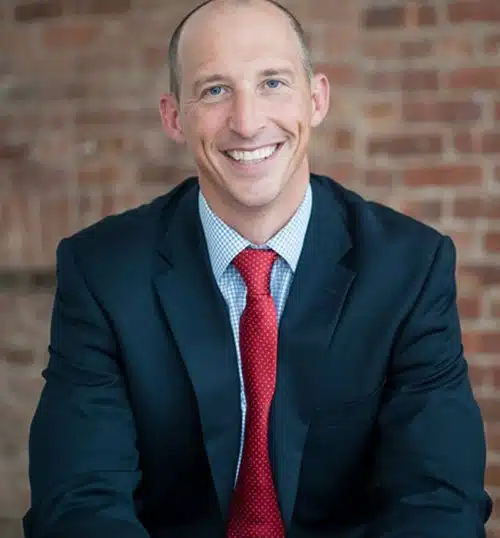There’s a lot that goes into developing smart money habits, making the right moves with your finances, and consistently taking the best actions to grow wealth over time. Not only do you need to know what to do, but you also need to have the skills to apply that knowledge to your situation.
That takes a lot of effort, which requires motivation to keep going… and perhaps most importantly, it requires some sort of accountability to stick to the plan and take the appropriate actions to meet your goals.
Accountability is one of the best tools you can use to make better financial decisions and take the necessary actions after you decide what to do. Unfortunately, it’s also probably one of the hardest parts of achieving financial success.
I have seen many people with the knowledge and desire to be successful, but who ultimately lacked the accountability to follow through.
So what should you do to stay on track and make progress toward your goals? Try one of these two tactics for more accountability to make the right financial choices.
Tactic 1: Create Your Own Accountability System
There’s nothing that says you can’t hold yourself accountable, and there are countless ways to do this.
It could be as simple as writing down your goals and putting them in a place where you see them every day. The visual reminder can keep you accountable to making the kind of financial decisions that will allow you to reach those goals.
Or you could partner with a family member or friend, and keep each other accountable as you both make progress toward a better financial situation. Plenty of people do this with workouts or running groups; there’s no reason you can’t form your own kind of accountability partner with your money, too!
Specific financial exercises can keep you honest and accountable, too. I recently read this article about the power of tracking every cent you spend for a period of time, and tried it out myself.
I found that simple exercise was very helpful when I did it. This included going back to review everything at the end of the period of time where I tracked everything. It’s not a sustainable practice over the long run, but it is a great way to check in with the reality of your current behaviors and actions
This exercise, which we also recommend to clients, helps show where we’re spending in ways that don’t align with what’s important to us. It also allows us to see where we might need to make changes.
Spending is a zero-sum game, which means you can only put one dollar in one place. I find framing purchases in a binary way (either “does this get me closer to my goals or does it take me farther from them?”) really helps make the decision easier.
When you see your dollar going toward something else and also taking away from your goal, it makes it easier to make the right decision that aligns with your goal.
Tactic #2: Rely on an External, Existing Support Structure
Of course, the above exercise only works if you actually sit down and do the work… which brings us back to the point of this post: it’s not easy to hold yourself accountable to doing that work!
Without some kind of external force or existing structure that you can plug into, you might find it hard to know what to do and how to do it, as well as actually take the steps necessary to move forward once you understand the “what” and “how.”
You’re 100% responsible for pushing yourself when you take the DIY route. If you ask for help, on the other hand, suddenly you’re not alone. You can focus on one thing at a time, knowing you have someone on your team who is going to push you, coach you, and guide you along the way.
People hire personal trainers in the gym for a reason: it’s hard enough to put in the work. It’s really hard to motivate yourself day after day. If you have someone holding you accountable, you’re more likely to show up and get things done.
The Potential Cost of Skimping on Accountability
It’s the same with your money. And that’s part of the value of a good financial advisor. Not only can they give you knowledge, information, and advice, but the serve as an accountability partner to make sure the necessary actions get done.
I recently started working with a client who, over 5 years ago, had a large sum of money ready to use as a down payment on a home. The funds were moved out of investments into cash, but plans changed and the home wasn’t purchased.
In this client’s situation, a move was off the table so it should have been back to business as usual… but the cash they took out of their investment portfolio never went back into the market.
The money just sat in cash because no one held them accountable to going through the process of reinvesting the money. And as it sat in cash, the client accrued a major opportunity cost because that money was not in the market working to grow even more wealth.
This person knew they should do something with the money… but knowledge is not enough to spark action.
Once we started working together, I was able to serve as not just his advisor but also his accountability partner. With a few much-needed nudges, we finally got that money reinvested and back to working toward growing wealth.




